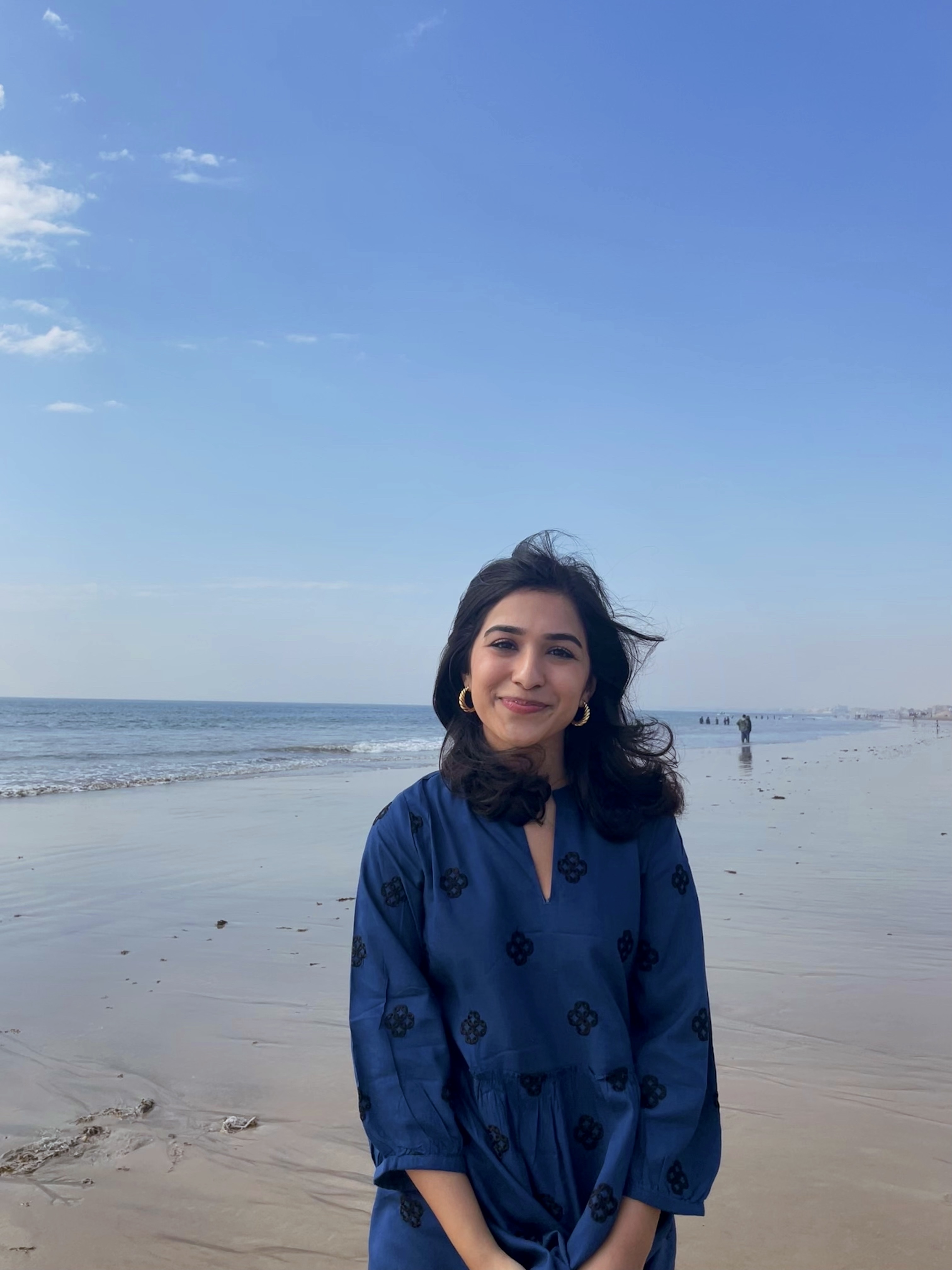Naquia is a Research Associate at Cornell University where she studies public health policy, homelessness, and health inequities. She recently graduated from the University of Michigan with a degree in Public Health and a minor in Spanish. She is passionate about destigmatizing sexual and reproductive health, supporting immigrant and refugee communities, and promoting cultural humility in health care. Naquia will be attending medical school in 2023 and aspires to become an OB/GYN.
What was your experience of learning about female genital cutting (FGC) for the first time like?
I learned about FGC for the first time when I was taking a gender and health class during my first year at the University of Michigan. When my professor mentioned the name of my own community during the lecture, I was shocked and confused. I later learned that while I was not subjected to the practice, nearly every generation of women in my family was forced to undergo FGC quietly, secretly, and without consent. Learning about FGC and its impact on the people I love and care about has driven me to create a safe space for survivors to share their stories.
When and how did you first get involved with Sahiyo?
Although I had learned about FGC from an academic perspective as a public health student, I struggled to begin questioning the practice in my own community where talking about women’s bodies was taboo. After graduating from college last year, I wanted to support an organization that centers the experiences of survivors and communities affected by FGC. I learned about Sahiyo from a close friend and decided to apply to become a volunteer.
What does your work with Sahiyo involve?
I’ve been involved in the Critical Intersections Research Project, which aims to understand the impact of different social oppressions, such as Islamophobia and systemic racism, on the movement to end FGC. I’ve been able to use my background in research to help support this work by interviewing activists and providing qualitative analysis. Connecting with activists and grassroots organizations has greatly expanded my understanding of the broader context of FGC within structural oppression, as well as the complex challenges activists face in ending FGC.
How has your involvement with Sahiyo impacted your life?
As someone who comes from a community that practices FGC and aims to become a physician who can provide care with cultural humility, my involvement with Sahiyo has significantly impacted my life. For years, I felt alone and discouraged when trying to talk to members of my community about FGC; through Sahiyo, I’ve been able to connect with a supportive network of survivors and allies, learn from the experiences of activists, and gain courage to talk to my family members and other community members with sensitivity.
What words of wisdom would you like to share with others who may be interested in supporting Sahiyo and the movement against FGC?
Silence is one of the most pervasive challenges in the movement to end FGC, but speaking out can come in many different forms. Whether it means sharing information on social media, having a challenging conversation with a family member, or prioritizing your own mental health, activism and healing will look different for everyone. I am incredibly grateful for Sahiyo in providing me with the guidance and support to become a life-long advocate.

